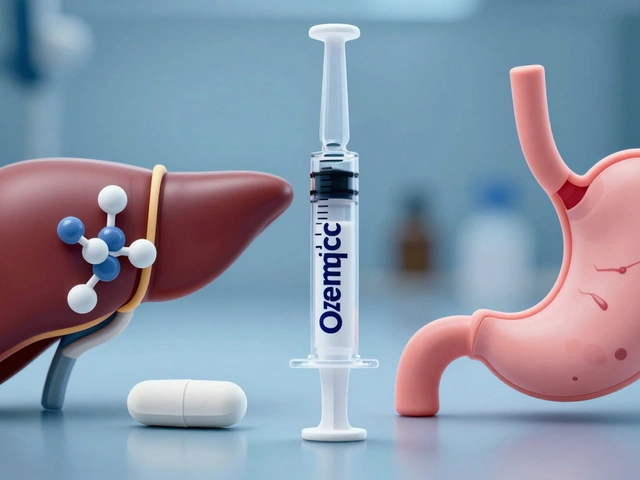Dental Surgery: Real Risks, Medication Safety, and Quick Recovery Tips
If you’re about to get a tooth pulled, a root‑canal, or a dental implant, you probably have a million questions. Will it hurt? Which meds are safe? What if something goes wrong? Let’s cut through the jargon and give you straight‑forward answers you can use right now.
What makes dental surgery risky?
Most dental procedures are routine, but they still involve cutting tissue, using anesthesia, and prescribing drugs. The biggest risks are infection, excessive bleeding, and a reaction to medication. In India, some oral surgeons still rely on older anesthetic mixes that contain higher levels of preservatives. Those preservatives can irritate the gums and, in rare cases, trigger allergic reactions. Knowing exactly what’s in your injection helps you ask the right follow‑up questions.
Another hidden danger is food getting stuck under a dental implant or a freshly placed crown. It sounds minor, but trapped particles can cause gum inflammation and even bone loss over time. The post‑operative guide you receive should mention specific flossing tricks or interdental brushes to keep that space clean.
Medication safety – avoid toxic surprises
After surgery you’ll likely be prescribed painkillers, antibiotics, or anti‑inflammatories. In India, many over‑the‑counter pain meds contain acetaminophen mixed with other compounds that can stress the liver. If you already take herbal supplements, check whether they interact with prescription drugs. For instance, certain Ayurvedic herbs can boost the effect of blood thinners, increasing bleeding risk.
Ask your dentist for the exact brand name and dosage. Write it down and double‑check with your pharmacist. If you notice ringing in the ears, dizziness, or unusual bruising, call your doctor right away – those could be signs of toxicity.
One common mistake is skipping the antibiotic course because you feel fine after a few days. Stopping early can let bacteria hide in the socket, leading to a painful infection that might need another visit. Finish the full course, even if the pain subsides.
Finally, stay hydrated and eat soft, nutrient‑rich foods. Soups, smoothies, and yogurt give you protein and vitamins without stressing the surgical site. Avoid very hot or spicy foods for the first 24‑48 hours; they can irritate the wound and cause swelling.
By understanding the medicine side of dental surgery, you protect yourself from hidden toxic effects and keep your recovery smooth. Remember: ask about the exact ingredients in any injection, double‑check drug interactions, and follow the cleaning routine to stop food from hiding under implants.
With these practical tips, you’ll walk into the clinic with confidence and walk out ready for a quick, safe recovery.

Dental Implants: What They Don't Tell You
Thinking about getting dental implants? There’s more to the story than the glossy brochures and dentist consultations reveal. This article digs into the practical realities—what recovery really feels like, the hidden costs, long-term maintenance, and those odd side effects nobody mentions. Get ready for honest tips, lesser-known facts, and practical advice to help you actually prepare for life with an implant. No sugarcoating—just what you actually need to know if you’re considering this solution.

Understanding Which Insurance Plans Cover IVF
Mar, 22 2025



